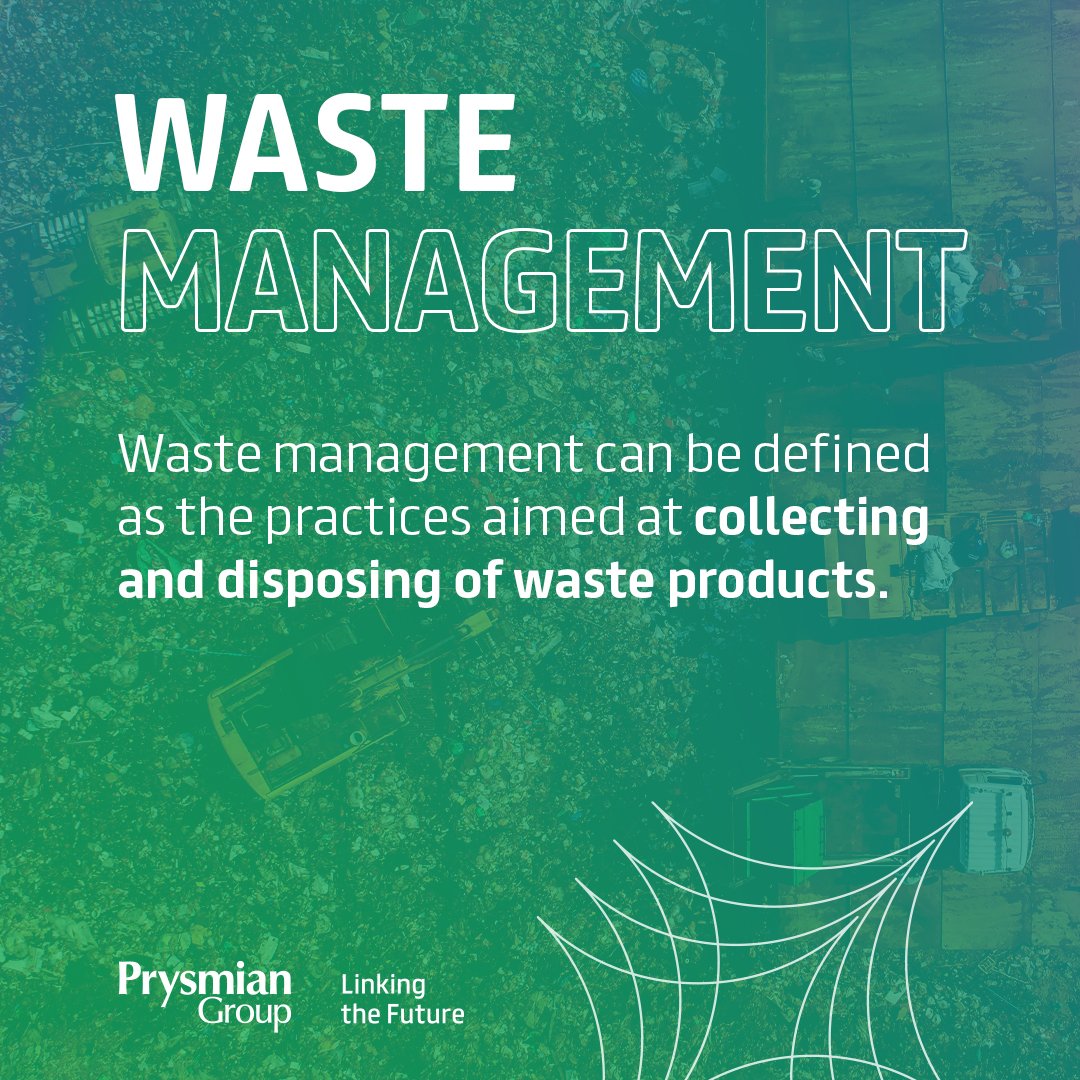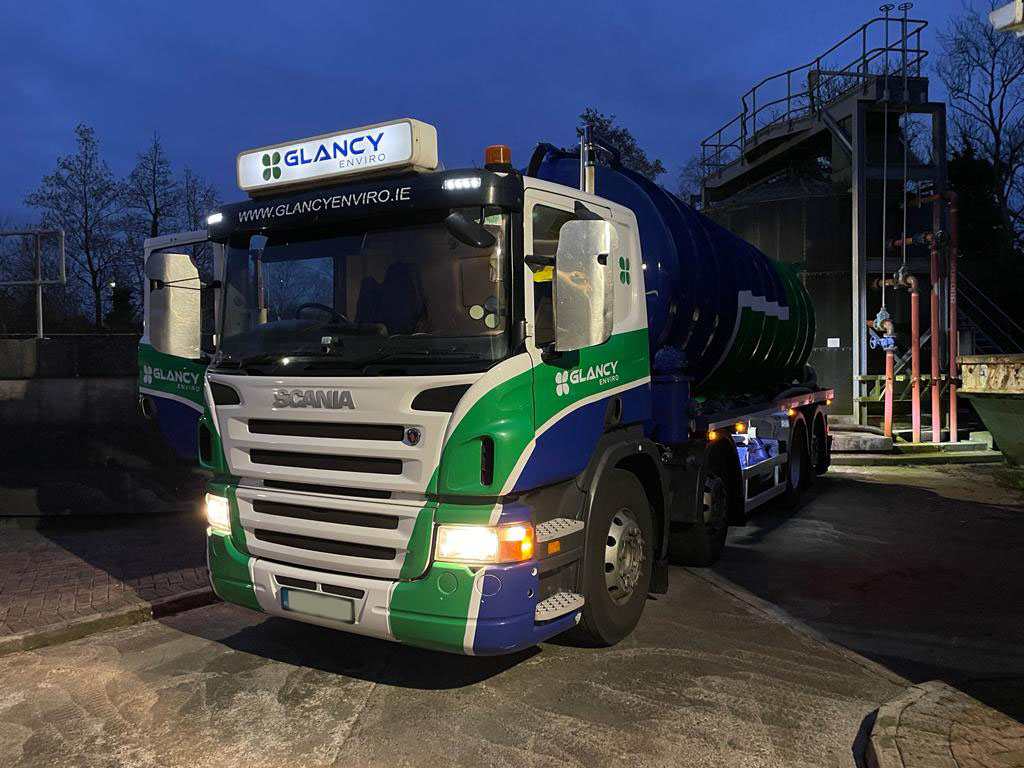Reclaim Waste - The Facts
Reclaim Waste - The Facts
Blog Article
Get This Report about Reclaim Waste
Table of ContentsExamine This Report on Reclaim WasteNot known Facts About Reclaim WasteThe Greatest Guide To Reclaim WasteThe 9-Minute Rule for Reclaim WasteThe Ultimate Guide To Reclaim Waste
Residential sewer waste refers to the waste and items from a domestic septic storage tank. The appropriate administration and disposal of domestic sewage waste need fluid waste to be moved to a sewage therapy plant where the correct approaches and devices are applied to purify and dispose of waste.
Business waste typically includes prospective risks, such as flammable products or a blend of liquid and solid waste items, and requires a more innovative and comprehensive disposal procedure. The disposal of business waste normally involves the filtering of waste prior to transportation to make sure risk-free and appropriate disposal. Hazardous waste is produced from byproducts and overflow of industrial processes and manufacturing.
This kind of waste can not utilize the very same sewer management transport or procedures as septic or commercial fluids. The hazardous waste administration procedure calls for the evaluation and testing of liquid waste prior to it undergoes the disposal procedure (liquid waste disposal melbourne). Overflow waste is the liquid waste that originates from drainage and excess stormwater in highly populated areas or cities
Overflow waste can cause contamination and flooding if not managed appropriately. Guaranteeing appropriate waste management can prevent calamities and lower ecological harm.
Some Known Questions About Reclaim Waste.
Call PROS Solutions today to find out about our waste administration and disposal solutions and the correct ways to look after the fluid waste you generate.
(https://www.mixcloud.com/reclaimwaste1/)Do you understand what occurs to your water when you disengage, purge the bathroom or drain the cleaning maker? No? Well, it's worth knowing. This supposed 'wastewater' is not only an important resource yet, after treatment, will certainly be launched to our land, waterways or the sea. Made use of water from commodes, showers, baths, kitchen sinks, laundries and industrial processes is called wastewater.

water used to cool down equipment or tidy plant and equipment). Stormwater, a kind of wastewater, is runoff that moves from agricultural and urban areas such as roofing systems, parks, gardens, roads, courses and seamless gutters into stormwater drains, after rainfall. Stormwater flows untreated straight to local creeks or rivers, eventually getting to the sea.
Not known Details About Reclaim Waste
In Queensland, most wastewater is dealt with at sewer treatment plants. Wastewater is moved from domestic or commercial sites through a system of drains and pump terminals, referred to as sewerage reticulation, to a sewage therapy plant. City governments construct, maintain and operate most sewage therapy plants. Operators are certified under the Environmental Security Act 1994 to discharge cured wastewater at an acceptable environmental requirement into rivers.
The Division of Natural Resources suggests city governments concerning handling, operating and maintaining sewage systems and treatment plants. In unsewered areas, local federal governments may require householders to mount individual or family sewer therapy systems to deal with residential wastewater from toilets, cooking areas, washrooms and washings. The Department of Natural Resources authorises the usage of home systems when they are confirmed to be reliable.
In some brand-new subdivisions, treatment of some stormwater to remove litter, sand and crushed rock has actually started making use of gross pollutant traps. Wastewater therapy takes place in 4 stages: Eliminates More Info solid issue.
Utilizes tiny living organisms understands as micro-organisms to damage down and eliminate remaining dissolved wastes and great particles. Micro-organisms and wastes are included in the sludge.
The Main Principles Of Reclaim Waste
Nutrient removal is not offered in any way sewer treatment plants because it calls for costly specialised equipment. It is coming to be a lot more common in Queensland. Clear liquid effluent created after therapy may still include disease-causing micro-organisms. If this effluent is released right into waterways such as rivers or the sea, the micro-organisms will at some point pass away out.

This normally indicates wastewater has actually to be treated or impurities eliminated before it can be discharged to rivers. Many wastewater moves into the sewerage system. Under the Act, city governments provide authorizations and licences for environmentally relevant tasks (Periods) including wastewater releases that could have a neighborhood effect. The department administers approvals and permits to ERAs entailing wastewater releases that might have a regional or statewide impact.
Our Reclaim Waste Diaries
Or else, samples are considered research laboratory analysis. Often lots of tests are required to establish the degrees of each of the different contaminants such as oils, hefty steels and chemicals in water. Tracking supplies valid information concerning water quality and can verify that licence problems are being met. The info acquired via tracking supplies the basis for making water top quality decisions.
Report this page